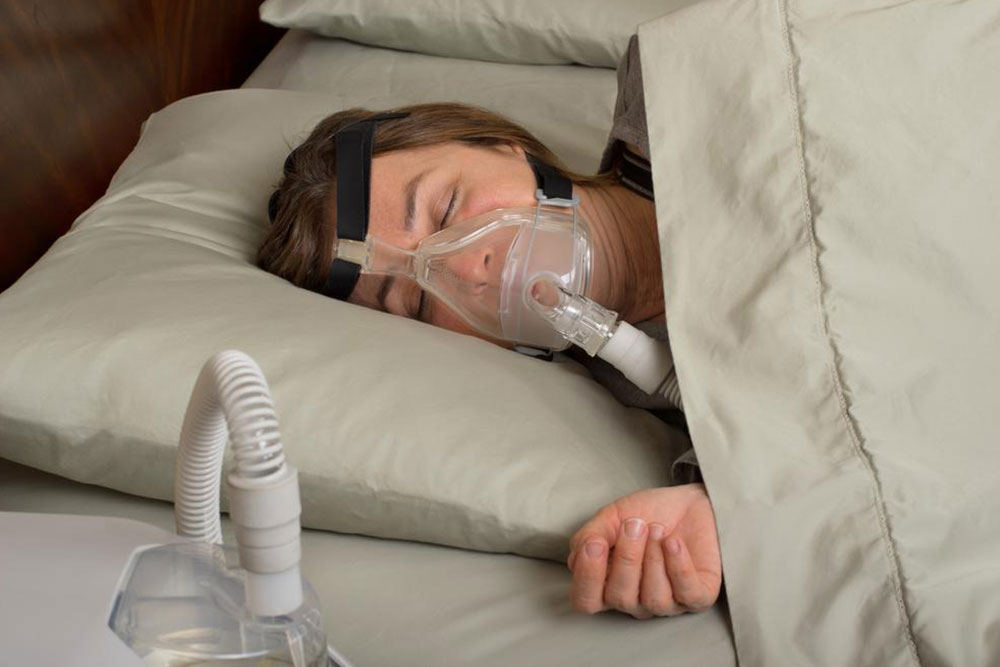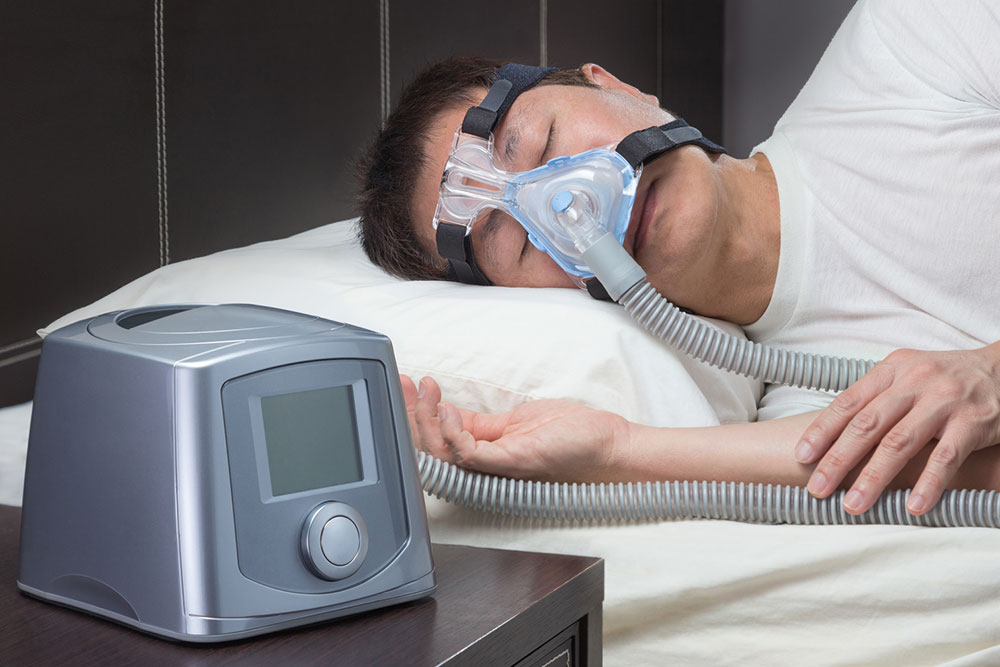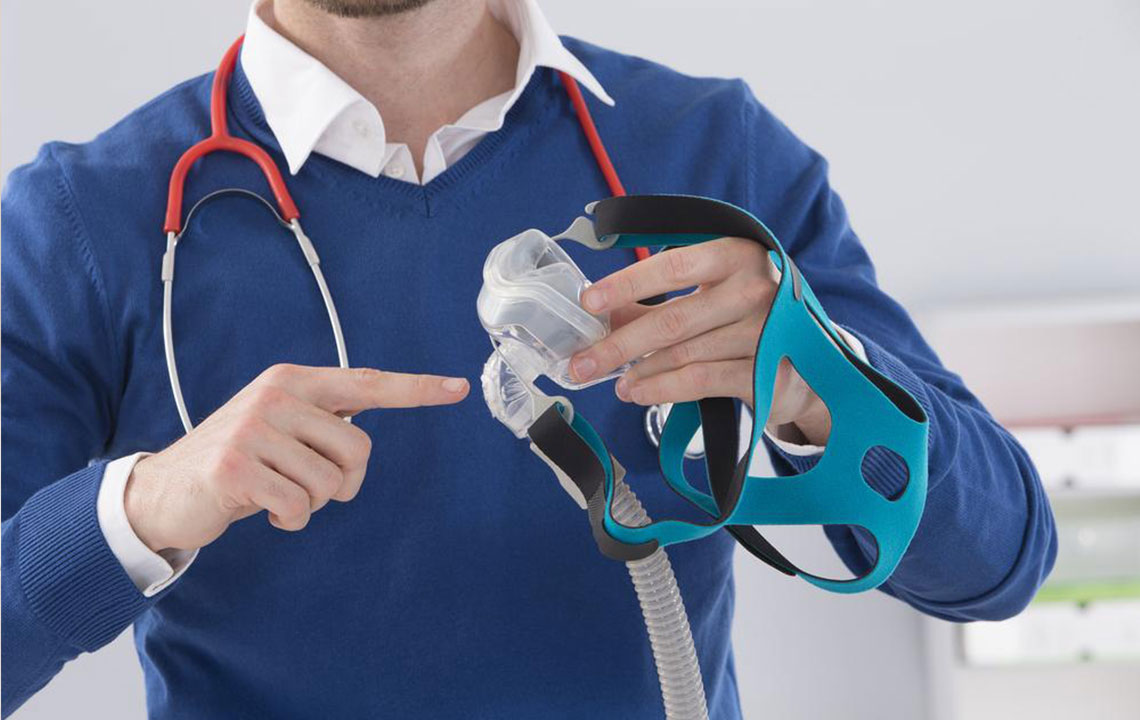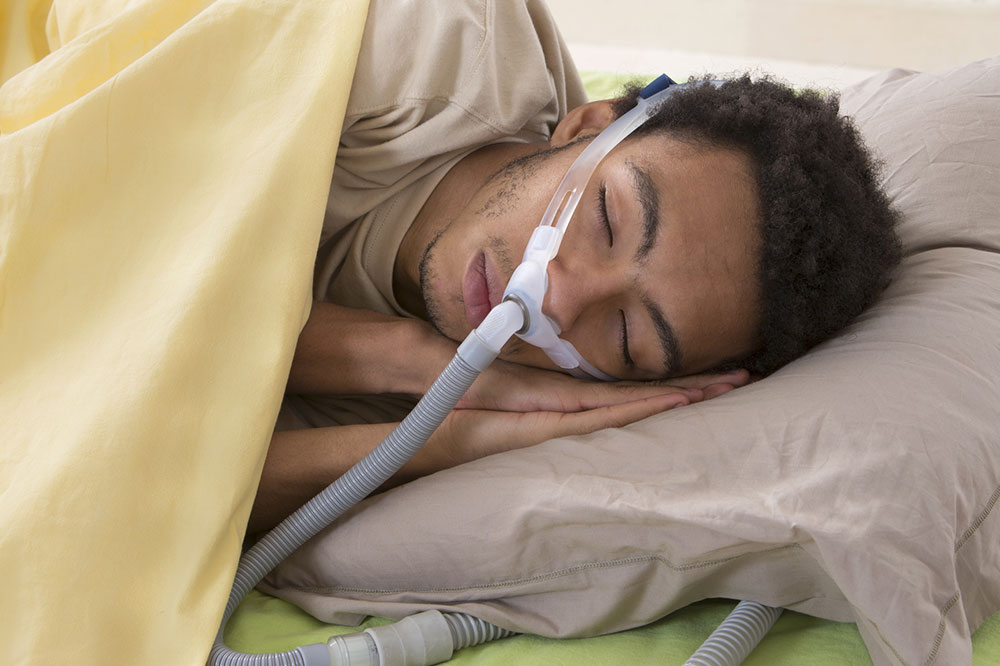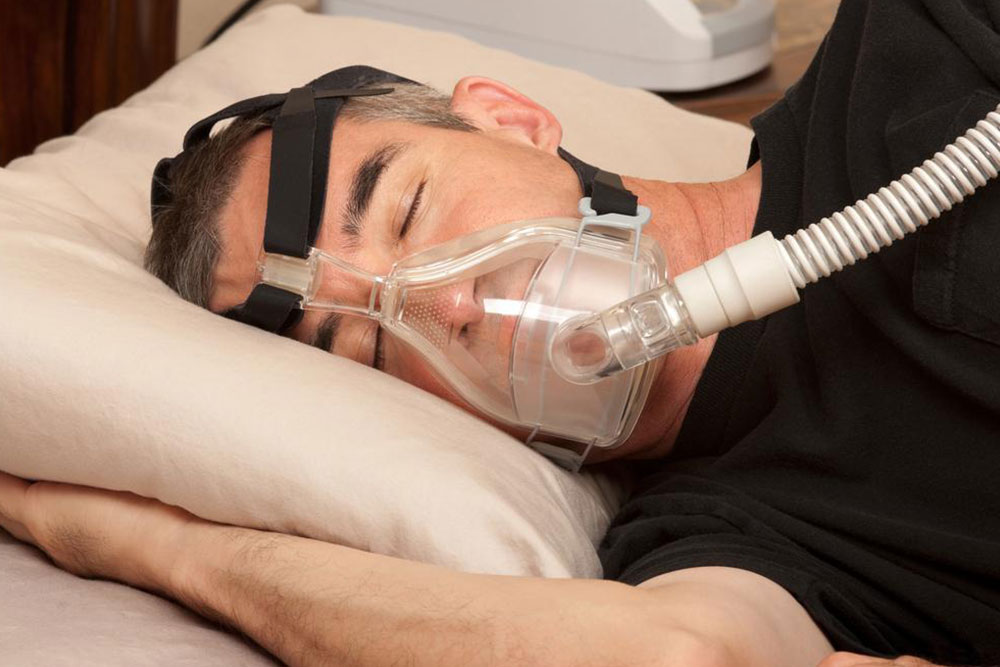Top Strategies for Managing and Treating Sleep Apnea Effectively
Discover effective strategies to manage sleep apnea, including lifestyle changes, device options, and surgical procedures. Learn how to improve sleep quality and overall health by addressing this common but serious condition. Expert advice and various treatment approaches help you find personalized solutions to sleep apnea problems for restful nights and better well-being.
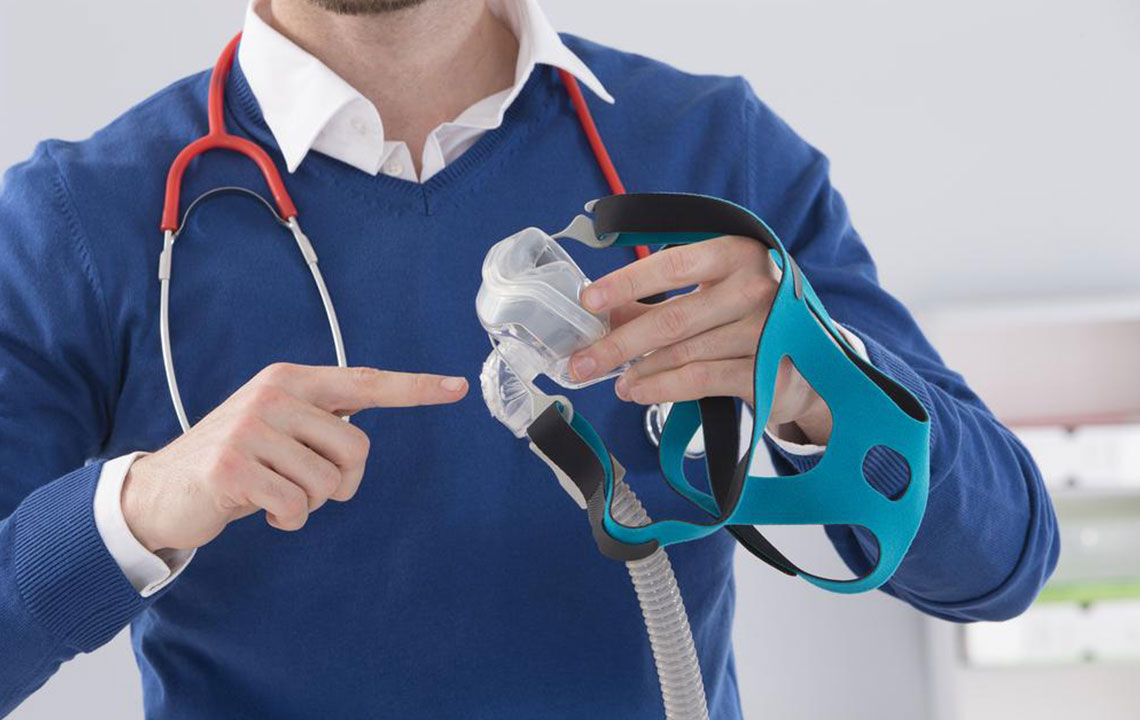
Many overlook snoring as a minor issue, but persistent loud snoring accompanied by daytime fatigue can signal sleep apnea—a breathing disorder characterized by repeated pauses in breathing during sleep. Individuals with sleep apnea often feel drained and irritable, impacting mood, relationships, and overall health. The main types include obstructive, central, and complex sleep apnea, with obstructive being the most prevalent. This occurs when relaxed throat tissues block airflow. Effective treatment involves lifestyle modifications, device therapy, and in some cases, surgery to ensure restful sleep and improved well-being.
Addressing sleep apnea starts with lifestyle adjustments such as weight loss, limiting alcohol and sedatives, quitting smoking, and ensuring adequate rest. Sleeping on your side rather than your back can significantly reduce symptoms, while elevating your head with special pillows can help keep airways open. Devices like CPAP (Continuous Positive Airway Pressure) machines are highly effective for many, requiring regular nightly use. Additionally, oral devices that keep airways unobstructed, muscle-strengthening exercises, and throat routines can alleviate mild cases.
For severe or persistent cases, surgical options or implants—such as removing excess tissues, reconstructing the jaw, or inserting airway-stabilizing devices—may be necessary. Exploring comprehensive treatment options, including internet research, can empower you to find personalized solutions to combat sleep apnea effectively.
Disclaimer: Our content offers valuable insights but should not replace professional medical advice. Always consult healthcare providers for diagnosis and treatment plans tailored to your needs. The information provided is for general guidance and may not reflect the latest medical advancements or personalized circumstances.

